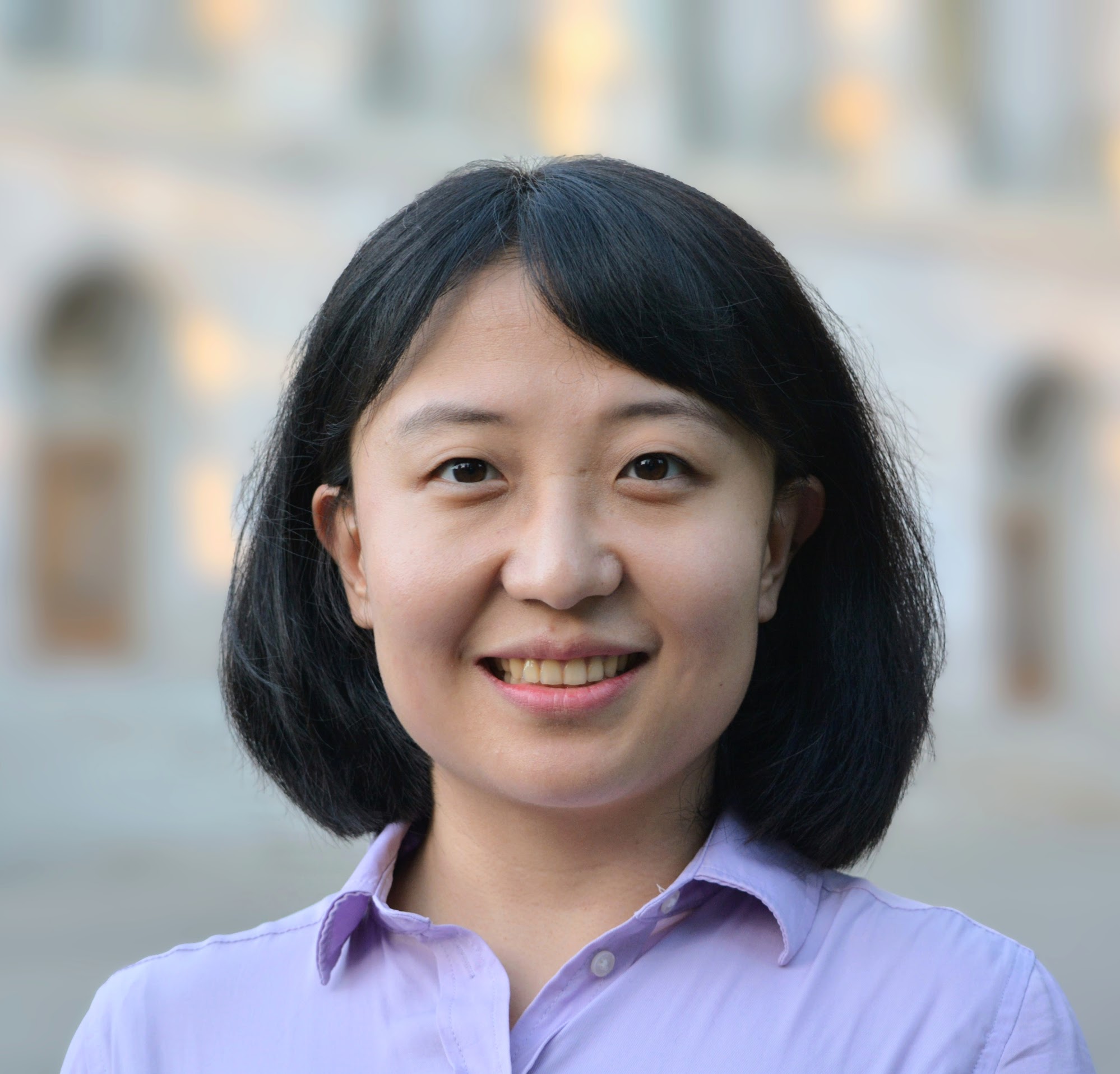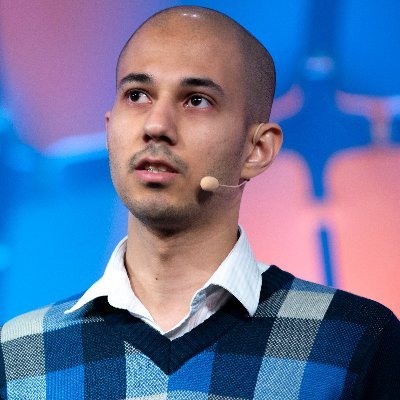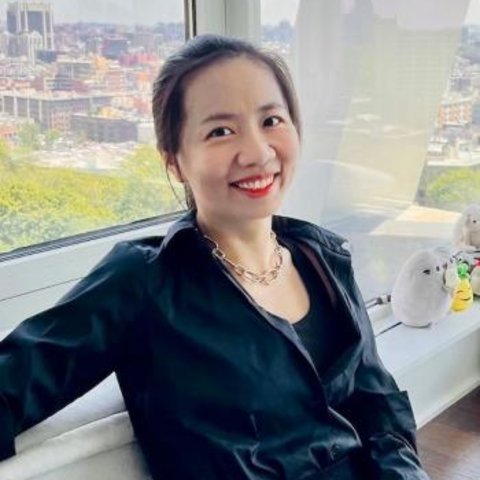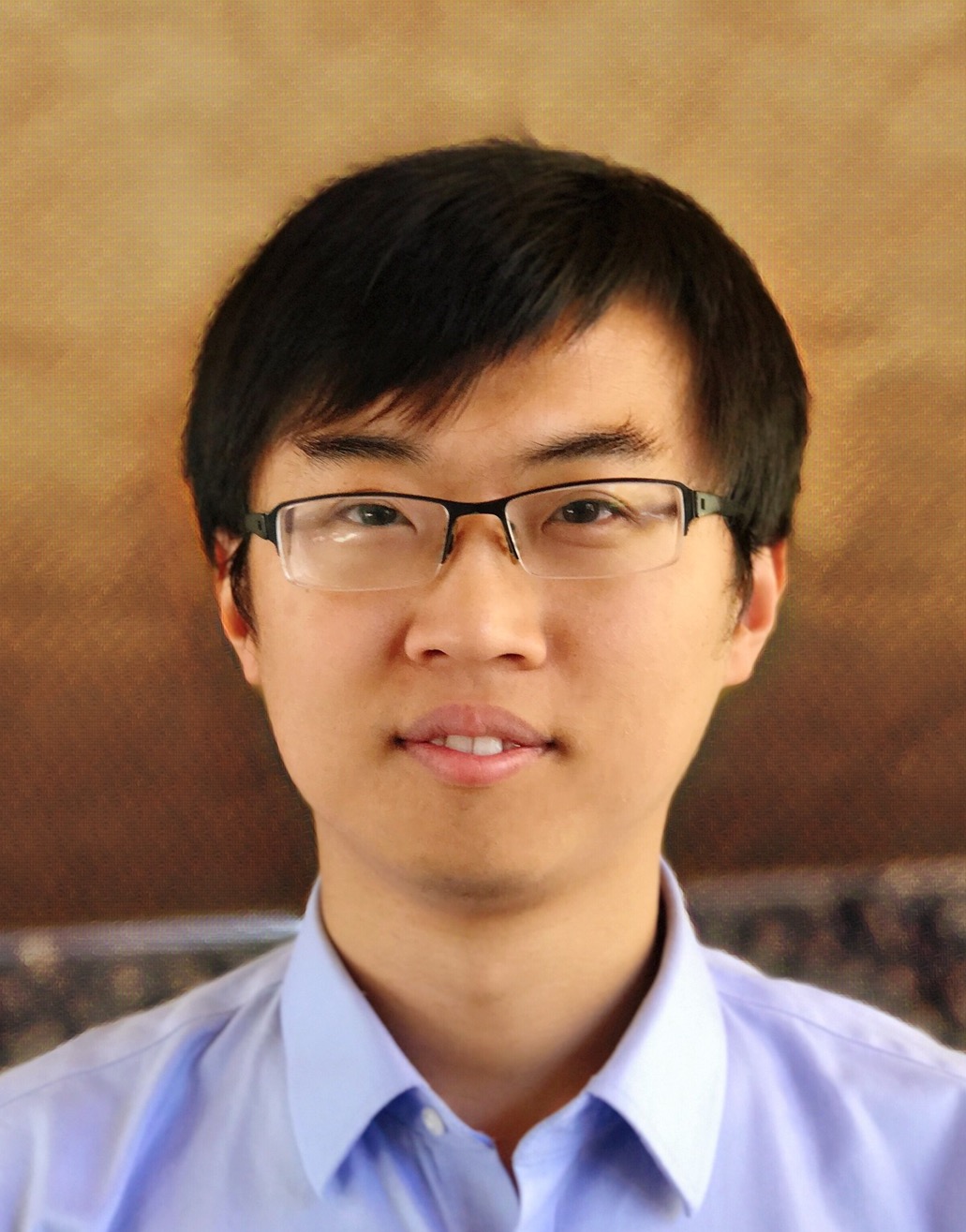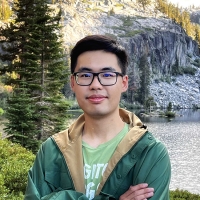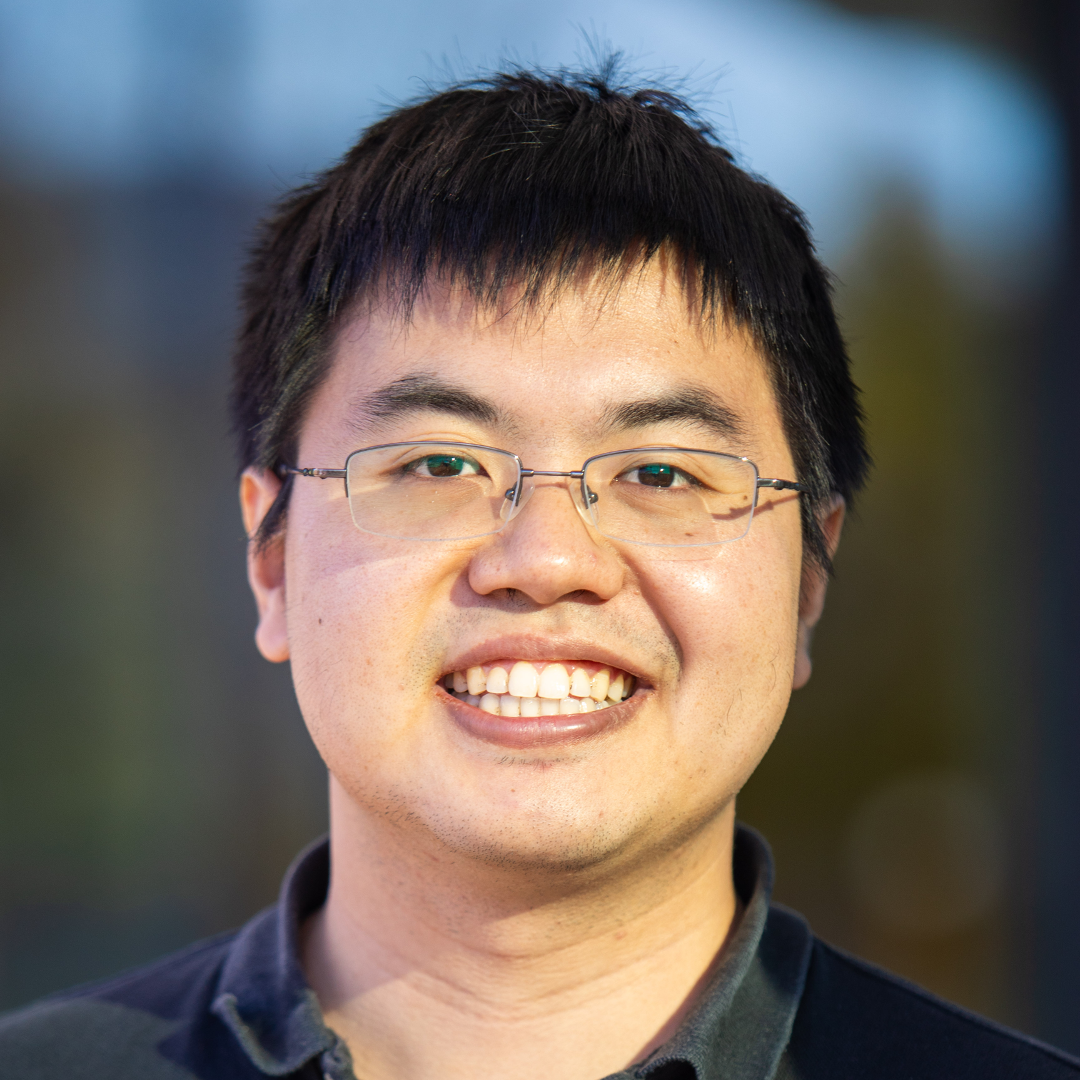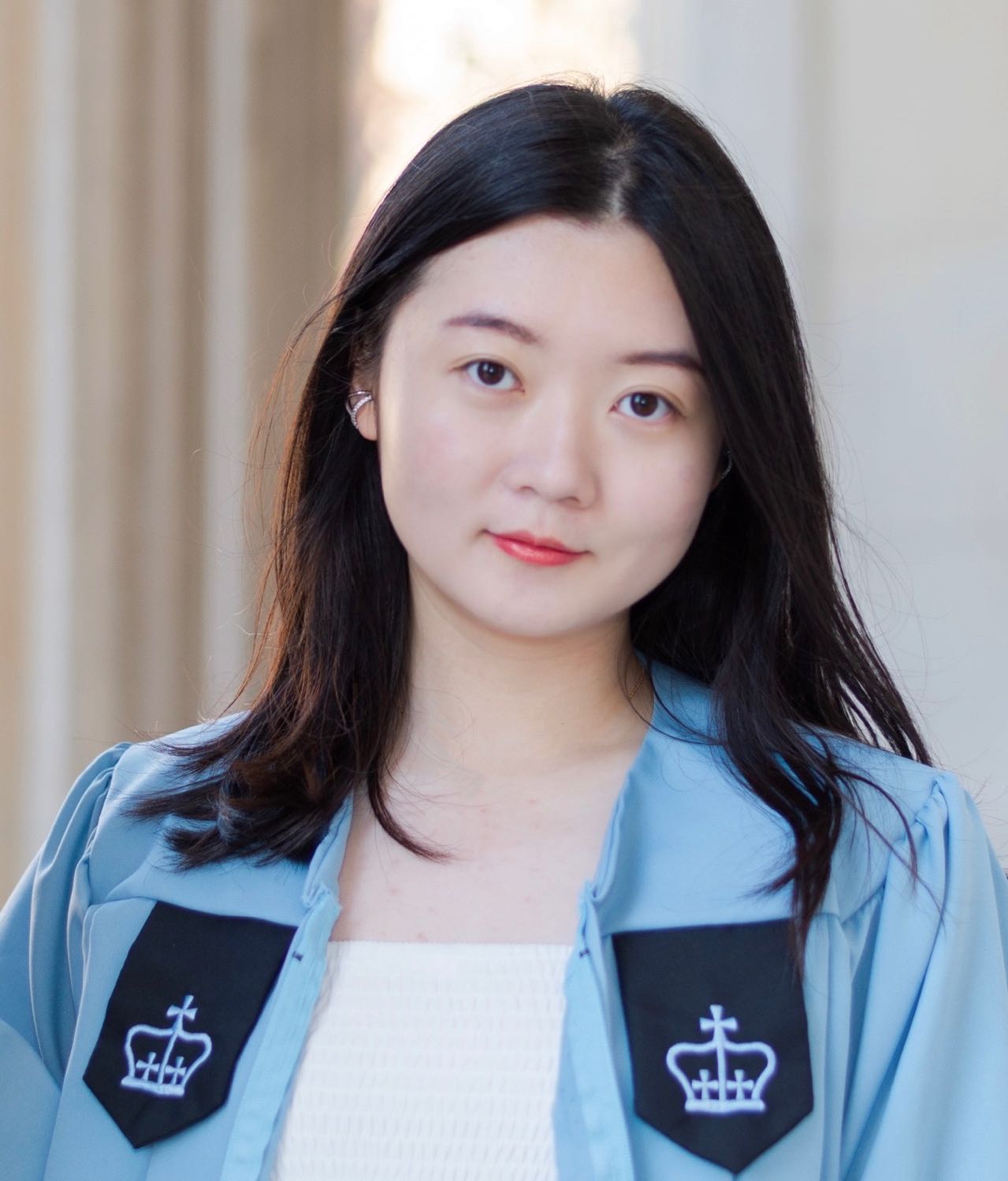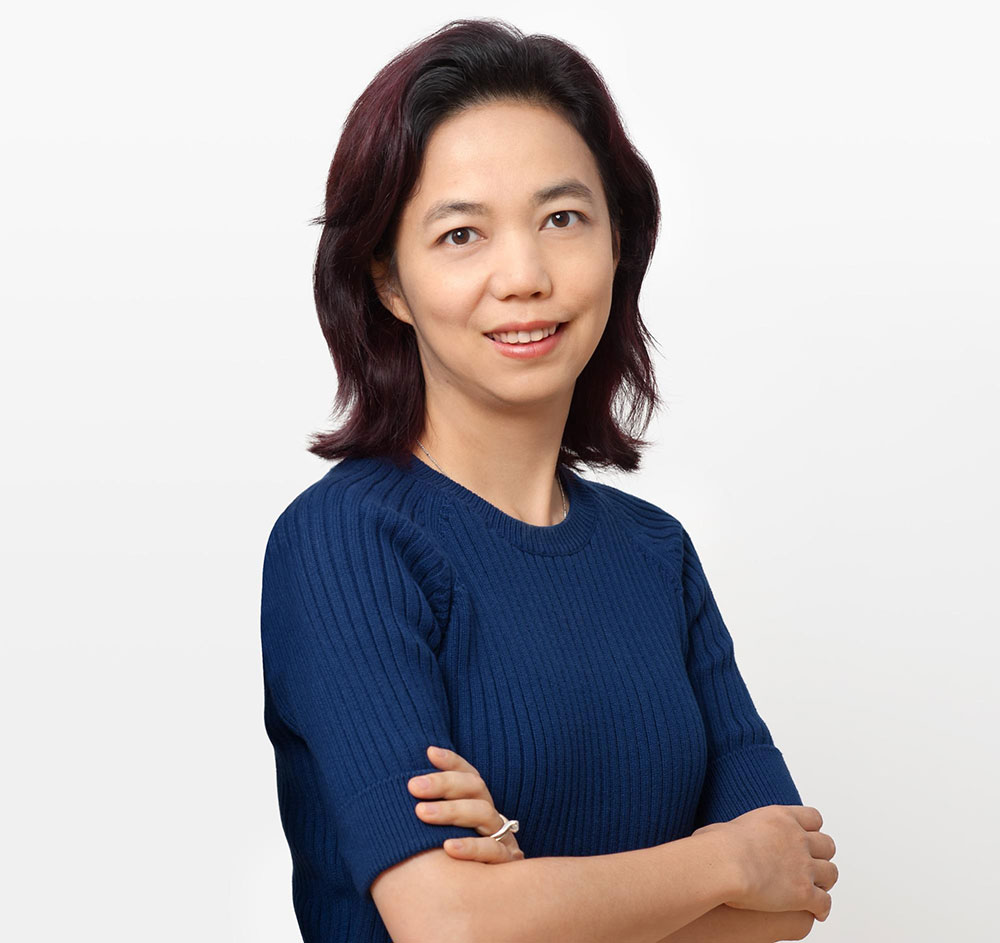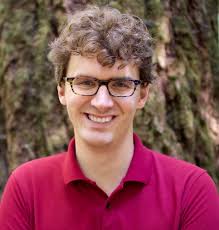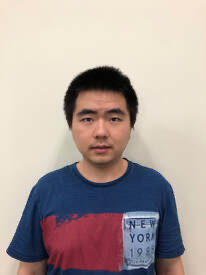- 08:50 - 09:00 Welcome/Opening Remarks
- 09:00 - 09:30 Invited Talk 1: Agrim Gupta
- 09:30 - 10:00 Invited Talk 2: Shuran Song
- 10:00 - 10:30 Invited Talk 3: Beomjoon Kim
- 10:30 - 11:30 Poster Session: We will encourage folks to make new connections and chat!
- 11:30 - 12:15 panel discussion (Shuran Song, Sherry Yang, Yilun Du, Shao-Hua Sun, Chuning Zhu, Wancong Zhang)
- 12:15 - 13:30 lunch break
- 13:30 - 14:00 Invited Talk 4: Sherry Yang
- 14:00 - 14:30 Invited Talk 5: Jiajun Wu
- 14:30 - 15:30 Contributed Talks: 10 min. presentations each (one presentation by each best paper)
- 15:30 - 16:30 Poster Session: We will encourage folks to make new connections and chat!
- 16:30 - 17:00 Invited Talk 6: Hao Su
- 17:00 - 17:10 Ending Remarks
Overview
The goal of this workshop is to exchange ideas and establish
communications among researchers working on building generalizable
world models that describe how the physical world evolves in
response to interacting agents (e.g. human and robots).
Large-scale datasets of videos, images, and text hold the key for
learning generalizable world models that are visually plausible.
However, distilling useful physical information from such diverse
unstructured data is challenging and requires careful attention to
data curation, developing scalable algorithms, and implementing
suitable training curricula. On the other hand, physics-based
priors can enable learning plausible scene dynamics but it is
difficult to scale to complex phenomenon that lack efficient
solvers or even governing dynamic equations. Developing general
world models that can simulate complex real-world phenomenon in a
physically-plausible fashion can unlock enormous opportunities in
generative modeling and robotics, and would be of wide interest to
the larger AI community, and we believe this workshop falls at an
ideal timing given recent significant progress in both
video-modeling models and physics-based simulation. This workshop
aims to bring together researchers in machine learning, robotics,
physics-based simulation, and computer vision broadly aspiring to
build scalable world models by utilizing internet data,
simulation, and beyond in myriad ways.
Topics of Interest
Our workshop will focus on topics including but not limited to the
following:
- Controllable Video Generation and Generative Simulations. How can we improve fine-grained control in video generation and integrate it with world models conditioned on low-level actions?
- Incorporating physics priors. How can we leverage physics prior to empower learned world models with physical realism?
- Dynamic 3D Reconstruction. How can we generalize 3D reconstruction using web data while preserving scene consistency and controlled motion of dynamic elements?
- Applications to Robotics and Time-Series Prediction. How can we use generic dataset such as web video and text to build shared world models that can synthesize physically-plausible results for applications such as robotics?
- Special Considerations: Data Curation, Hallucination, and Broader Implications. How do dataset biases impact learned world models, and how can we mitigate them?
Call for Papers
We invite submissions of original research papers related to building physically plausible world models.
Submission Types:
- Short Papers / Extended Abstracts (max 3 pages) - For preliminary results, interesting applications, or novel ideas that did not pan out in practice. The top three short papers will be invited for a spotlight talk.
- Full Papers (max 8 pages) - For original research contributions. Three award candidates will be selected for spotlight talks.
Submission Guidelines:
- Submit your paper via OpenReview
- Please follow the style guidelines of ICML 2025.
- Papers are non-archival - we welcome submissions that have been submitted to or accepted by other venues.
- Papers already accepted to ICML 2025 will undergo an expedited review process primarily evaluating their relevance to the workshop themes.
- All accepted papers will be presented in a poster session
- Short papers have a maximum length of 3 pages and appendices are not allowed. Full papers can be up to 8 pages with an unlimited appendix. References do not count toward the page limit and may be as extensive as necessary.
Important Dates:
- Submission Deadline: May 25, 2025
- Notification of Acceptance: June 10, 2025
- Camera ready submission: June 20, 2025
